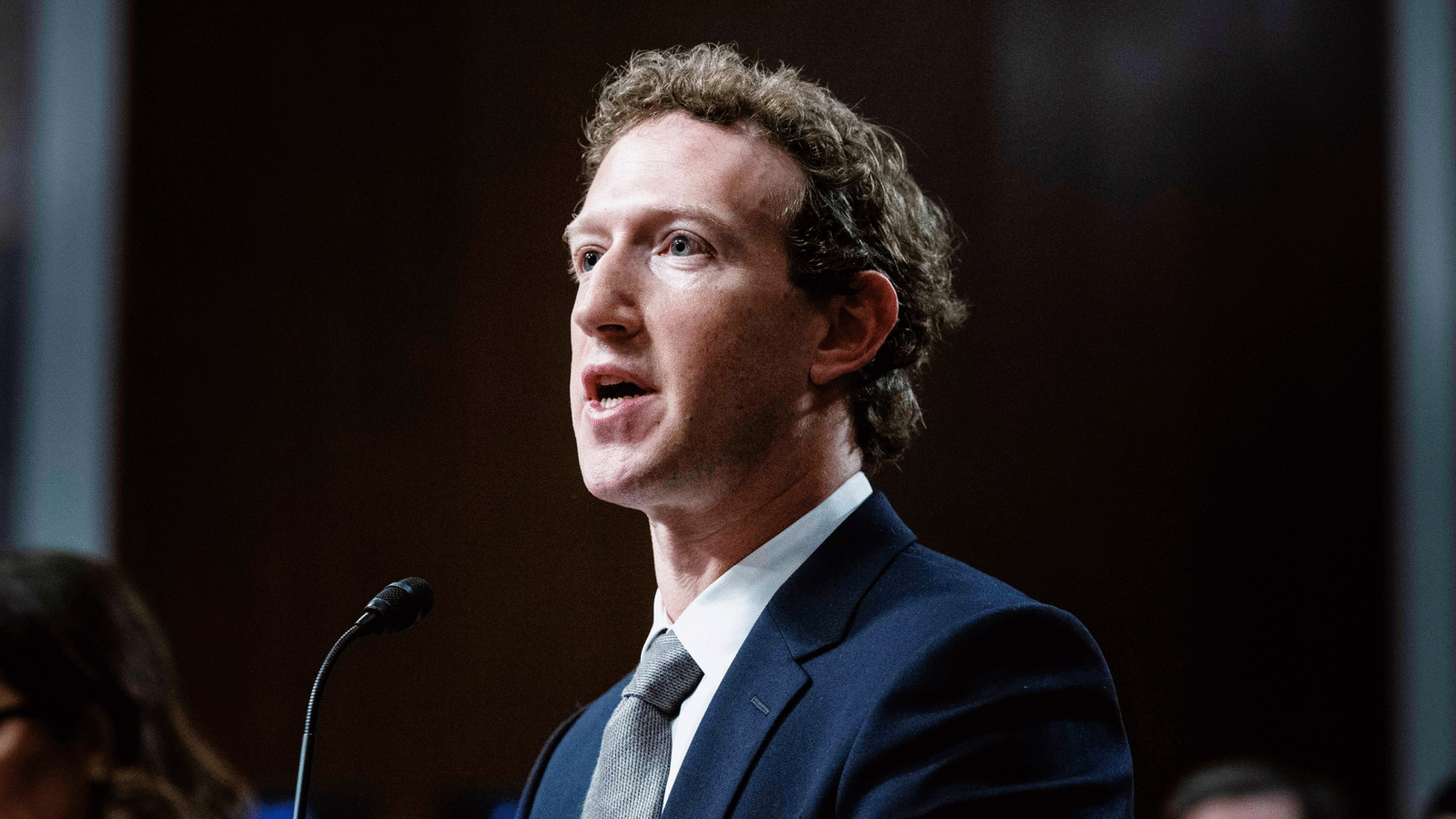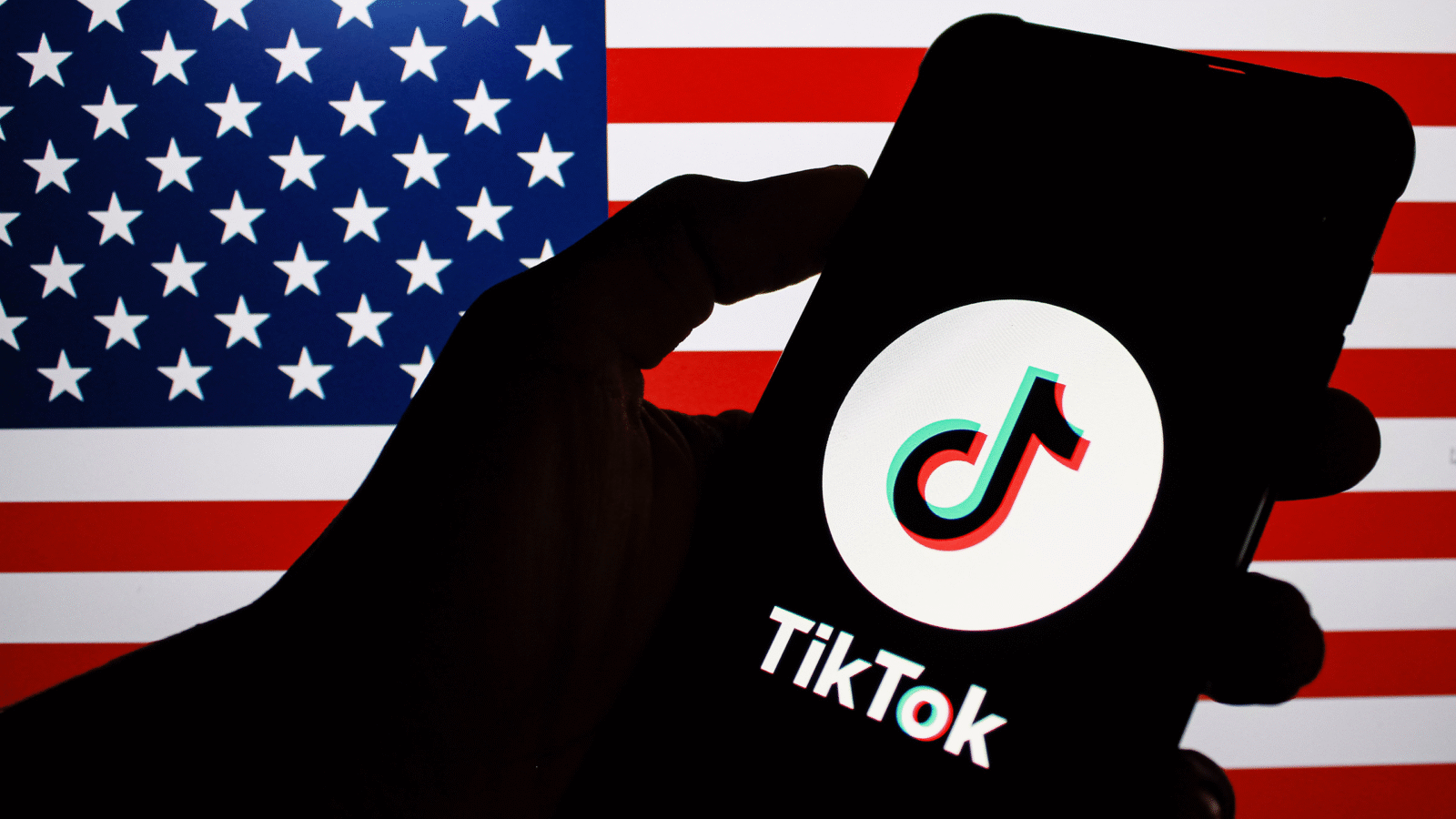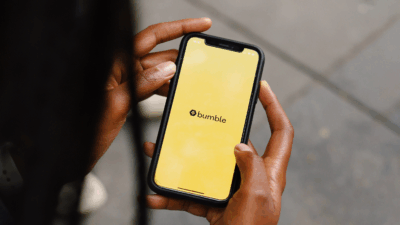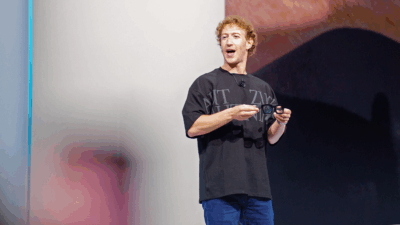Meta and TikTok Take EU to Court Over Content Moderation Fees
The sector’s top platform say that Europe’s decision to charge fees based on profit could distort which sites need policing.
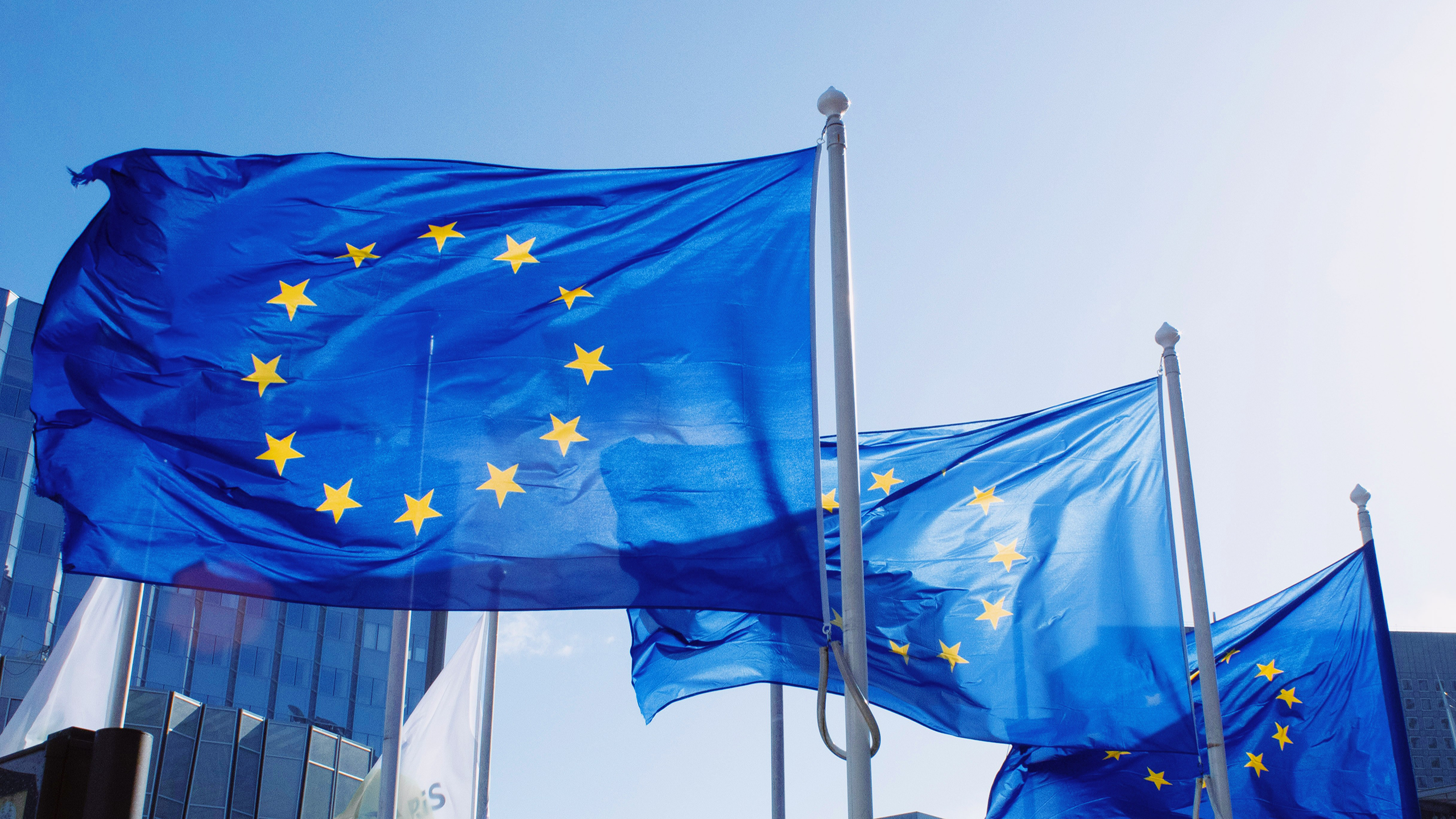
Sign up for smart news, insights, and analysis on the biggest financial stories of the day.
Don’t hate us just because we’re rich and popular.
Both Meta and TikTok filed legal actions against the EU this week, saying that the bloc’s new Digital Services Act (DSA) lumbers them with unfairly large fees. The fees in question are paid out by tech giants — termed Very Large Online Platforms (VLOPs) in the act — to help the EU fund its enforcement of the act’s content moderation requirements. Meta and TikTok also employ Very Large Legal Armies.
Cost of Doing Big Business
The DSA is a wide-reaching piece of new legislation that’s supposed to curtail the power of Big Tech companies and increase enforcement in areas as diverse as fraud, misinformation, and harmful content. A European Commission spokesperson told The Daily Upside that the so-called supervisory fee would be calculated according to a platform’s EU user base, with a ceiling of 0.05% of the company’s annual worldwide net income. All companies classified as VLOPs already paid the fees due for this year, the spokesperson said.
Meta told Politico it was made to pay €11 million ($11.8 million) for 2024 — which appears to be less than the maximum the EU could have asked for, as the cap based on Meta’s 2023 net income would have sat at $19.5 million. TikTok is a private company and it declined to tell Politico how much it had paid, but the maximum fee payable would probably be uncomfortably high given its ever-growing user base.
Now it seems like Meta and TikTok want to claw back some of that cash — or at least avoid paying higher fees in the future:
- Meta’s argument is that because it makes a lot of money and has a large user base it’s expected to foot a much larger bill compared to, say, X or Snapchat, which although widely used are minnows when you compare user numbers. Meta says that’s unfair because those smaller platforms might punch above their weight and create a disproportionate amount of work for regulators.
- TikTok’s director of corporate and policy communications Morgan Evans told The Verge that TikTok was challenging the law on a number of grounds, including a claim that the EU is relying on “flawed third party estimates of our monthly active user numbers as a basis for calculating the total amount.”
Election Year Jitters: As the world heads into its biggest election year ever, the European Commission will be on red alert to see whether platforms are adhering to the DSA, Commissioner Thierry Breton said on Wednesday. Platforms will have to label AI-generated content, something Meta has already announced is in the works. OpenAI also announced this week it will digitally watermark images made by its tool DALL-E 3, although it’s not a totally watertight measure.
